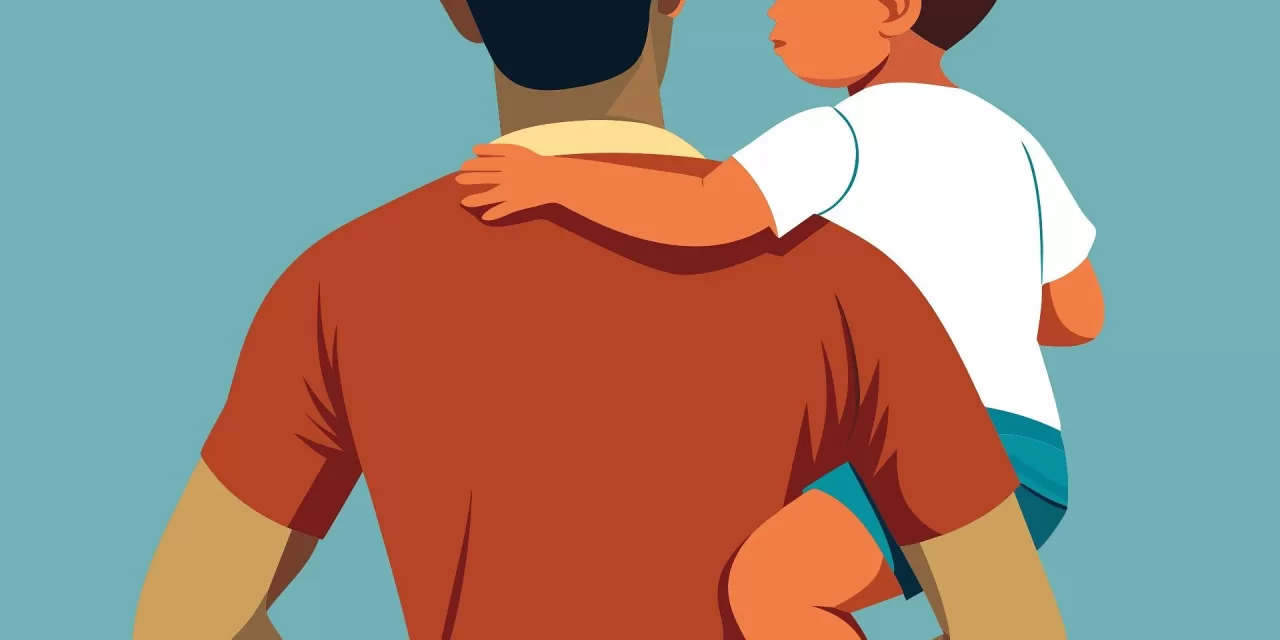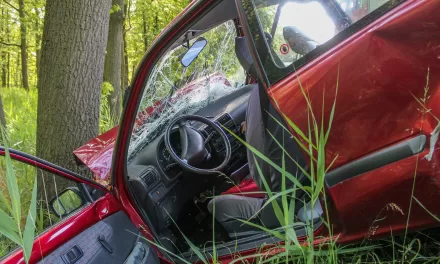Kolkata, December 21, 2024 — UNICEF has joined forces with the West Bengal government to address the rising concern of juvenile diabetes, also known as Type 1 diabetes, in children. The collaboration aims to strengthen healthcare systems and ensure better treatment for children suffering from non-communicable diseases (NCDs) such as juvenile diabetes.
Dr. Monjur Hossain, Chief of UNICEF in West Bengal, shared the initiative’s details at an event organized by the West Bengal Academy of Paediatrics. The partnership focuses on developing a Primary Health Care (PHC) model that will help in the prevention and control of NCDs in children. This model will enhance community and primary healthcare systems and improve access to treatment.
“UNICEF is working closely with the Health and Family Welfare Department of West Bengal, alongside IPGEMR and SSKM Hospital, to develop and implement this new approach,” Dr. Hossain said. The initiative’s goal is to make care for NCDs, including juvenile diabetes, more accessible, particularly in rural and underserved regions.
Juvenile diabetes, which occurs when the body destroys insulin-producing cells in the pancreas, requires daily insulin injections. Early detection and continuous management are crucial to prevent complications. UNICEF’s efforts will train healthcare providers such as medical officers, nurses, ASHA workers, and community health officers to identify the symptoms of juvenile diabetes and refer children to specialized clinics.
Currently, five district hospitals in West Bengal—Howrah, Hooghly, North 24 Parganas, South 24 Parganas, and Purba Bardhaman—have NCD clinics dedicated to treating Type 1 diabetes, reaching nearly 600 children annually. Ten more district hospitals have been approved to open similar clinics, with plans to expand this service across the state.
Dr. Vandana Bhatia, Health Specialist at UNICEF, explained that the initiative will help ensure that more children are diagnosed and referred for treatment in a timely manner. This effort aligns with UNICEF’s broader goal of ensuring that no child is left behind in accessing essential health services.
The collaboration was further endorsed by Dr. Sujoy Ghosh, Professor of Endocrinology at IPGMER/SSKM Hospital, who emphasized the importance of frontline health staff training. He explained that early symptoms such as extreme thirst, frequent urination, weight loss, and fatigue should prompt immediate referrals to diabetes clinics.
The program was also supported by Dr. Vivek Virendra Singh, Chief of Health at UNICEF India, who praised the West Bengal government’s initiative as a model for the nation. He stressed that this approach would help replicate successful strategies across India.
Dr. L Swasticharan, Additional DDG & Director of EMR at the Union Health Ministry, highlighted the rising incidence of NCDs among children due to changing lifestyles and unhealthy food habits. According to the Young Diabetic Registry of India, five out of one lakh children are affected by juvenile diabetes, a number that is expected to grow as lifestyle-related diseases become more prevalent.
Dr. Nitai Mandal, Deputy Director of NCD at the State Health Department, assured that the government would continue scaling up NCD healthcare services across the state, while Dr. GV Basavaraja, President of the Indian Academy of Paediatrics, called on doctors to extend their expertise and assistance to patients.
With this partnership, UNICEF and the West Bengal government hope to improve the quality of life for children living with juvenile diabetes and ensure that critical health services reach all corners of the state.












